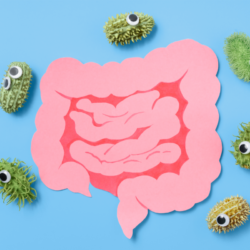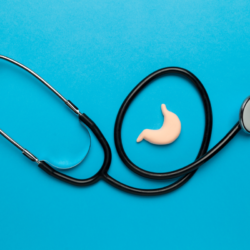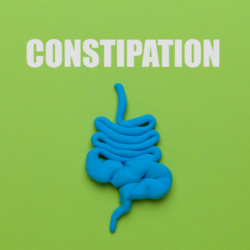SIBO, or small intestinal bacterial overgrowth, is considered to be a disease that can cause abdominal pain bloating diarrhoea or constipation as well as nutritional problems such as nutrient deficiencies. Many patients prefer to use natural treatments. Fortunately, there are methods to manage this condition. Find out how to manage your SIBO!
Probiotics
Probiotics are also an effective treatment for SIBO. In fact, they are live bacteria that can help rebalance the gut flora by increasing the population of beneficial bacteria. It has been shown that probiotics can be more effective than antibiotics in treating SIBO. It is important to choose specific specific food supplements that have been studied for their effectiveness against SIBO, such as Lactobacillus acidophilus and Bifidobacterium bifidum .
Herbal medicine
Herbal medicine is also an effective natural treatment for SIBO. Herbs such as peppermint, oregano, tarragon and chamomile can help reduce symptoms by improving digestion and reducing inflammation. Antimicrobial herbs such as garlic, onion and thyme can also help reduce the bacterial population in the small intestine. However, herbs can interact with other medications. Therefore, it is important to consult a health care professional before using them.
The FODMAP-free diet
One of the main natural approaches to treating SIBO is diet. To reduce symptoms, the FODMAP method can be used. By eliminating certain fermentable sugars such as fructose, lactose, fructo-oligosaccharides and polysaccharides, the symptoms of SIBO can be managed. If you want to learn more about the FODMAP diet, read our article on the subject.
The difference between Candida Albicans and SIBO
The fundamental difference between SIBO and candida albicans overgrowth is that the former is caused by an overabundance of bacteria in the small intestine, while the latter is caused by an overgrowth of yeast or fungi. Candida albicans is a yeast that is normally present in the intestine in small amounts. However, when it overgrows, it can cause symptoms such as abdominal pain, bloating, diarrhoea, mood disorders, fatigue and skin, mouth and nail infections. SIBO, on the other hand, is characterised by an overabundance of bacteria in the small intestine, which can cause symptoms such as abdominal pain, bloating, diarrhoea and constipation. Both can cause systemic symptoms such as fatigue, mood and memory problems.
For a comprehensive approach to SIBO
In summary, there are many natural treatment options for managing SIBO. Diet as well as specific natural food supplements are all effective ways to rebalance the gut flora. It is important to consult a healthcare professional before starting any treatment to avoid possible complications and to ensure that you choose the most appropriate options for your case. In addition, treatment of SIBO often requires a comprehensive approach and a combination of different methods to achieve the best results. It is also important to remember that SIBO is a chronic condition that requires long-term treatment.
Finally, a study published in the journal Digestive Diseases and Sciences showed that the FODMAP diet was effective in reducing SIBO symptoms and improving patients’ quality of life. Secondly, the European Journal of Clinical Microbiology & Infectious Diseases showed that probiotics were effective in reducing symptoms and improving gut flora in patients with SIBO. There are also several studies that have shown the effectiveness of certain herbs in treating SIBO.
Sources:
- https://www.ncbi.nlm.nih.gov/pmc/articles/PMC4030608/
- https://link.springer.com/article/10.1007/s10620-019-05889-9
- https://link.springer.com/article/10.1007/s10620-018-4945-3
- https://pubmed.ncbi.nlm.nih.gov/33074705/
- https://pubmed.ncbi.nlm.nih.gov/12410625/






Interested ,looking good and good advice